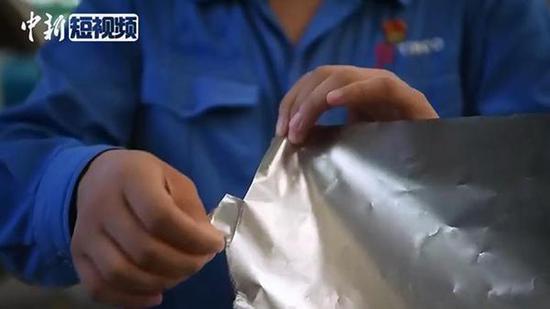Raising tariffs against imports is not the right way to reduce the U.S. trade deficit, which is likely to increase further because of the planned U.S. fiscal stimulus, International Monetary Fund (IMF) chief economist Maurice Obstfeld has said.
The United States is misguided to impose new tariffs on various imports valued at hundreds of billions of U.S. dollars in a bid to reduce the country's massive trade deficit, Obstfeld said in a recent interview with Xinhua.
MISGUIDED PERCEPTIONS OF TRADE DEFICITS
"It seems intuitive that if I have an import tariff, I will import less and my current account will improve," said Obstfeld, economic counselor and director of the Research Department at the IMF.
"That's really misguided because the effects are really complex. If I have an import tariff, my currency might strengthen, which is in fact what economic theory predicts," Obstfeld said.
In Obstfeld's view, the U.S. dollar, viewed widely as a safe-haven currency, is likely to rise further as the United States imposes more tariffs on imports.
That will make American exports more expensive for the rest of the world. As U.S. exports decline and imports increase, the U.S. trade deficit will increase further.
The planned fiscal stimulus, large tax cuts and increased government spending will also temporarily boost domestic demand and imports, leading to a higher U.S. trade deficit, said Obstfeld, one of the world's leading experts on international economics.
Therefore, "trade policies don't have major quantitatively measurable impact on current account imbalances, which are mainly a macroeconomic phenomenon," he said.
Based on current fiscal measures, the IMF estimated that the U.S. current account deficit, which is mainly made up of the trade deficit, would rise to 3.6 percent of gross domestic product (GDP) by 2020 from 2.4 percent in 2017.
"If there were a further tax cut, that number would rise even further, perhaps 4 percent of GDP or beyond," Obstfeld said.
As the United States has an overall current account deficit, it's natural that the country tends to have bilateral trade deficits with a number of trading partners.
But these bilateral trade deficits don't indicate that other trading partners cheat the United States on trade or it loses from trade, said Obstfeld.
"On the contrary, the bilateral balances are a critical part of how the U.S. actually gains from trade," he argued, citing examples that imports of aluminum could end up being built into U.S. aircraft that are exported all over the world.
"One of the big ways all countries gained from trade is from a more efficient international division of labor, where each country does what it does relatively best," he said.
TRADE, NOT ZERO-SUM GAME
Obstfeld, who will retire from the IMF at the end of December and return to the University of California, Berkeley, firmly believes that international trade is a "positive-sum game."
"If you treat it as a zero-sum game, you may end up with a negative-sum game and the kind of risks of a trade war that we're seeing today," he said, warning that severe trade restrictions would adversely affect productivity, investment and confidence.
"I think countries should really step back and think about what their goals are and negotiate on a multilateral basis," said the IMF chief economist, calling for strengthening the World Trade Organization (WTO) and rules-based multilateral trading system.
If current trade disputes are not resolved peacefully, U.S. stock markets and business investment will eventually "adjust downward and we will see stronger negative effects," he said.
NO FURTHER FISCAL STIMULUS NEEDED
While Republicans in the House of Representatives are working with the government on another round of tax cuts before the mid-term elections, Obstfeld sees no need for further fiscal stimulus.
"The U.S. is at or maybe even beyond the full employment point and there's no need for further fiscal stimulus. In fact, we would like to see the U.S. going to the opposite direction," he said.
"It should really think about rebuilding fiscal buffers and having those in place so that it can act when the next recession comes," Obstfeld said, adding the United States needs "a stronger long-term fiscal position" in the face of an aging population.
An additional round of tax cuts would widen the U.S. current account deficit, "possibly stoking more trade tensions" and leading the Federal Reserve to raise interest rates more quickly, he said.
"We know that eventually there will be another economic slowdown and at that point fiscal stimulus may be appropriate, but that would even increase the debt further," he said.
Federal debt could grow to double the size of the U.S. economy in 30 years if Congress extends tax cuts and continues the recently enacted spending increases, according to a report from the Congressional Budget Office (CBO) released on Wednesday.


















































